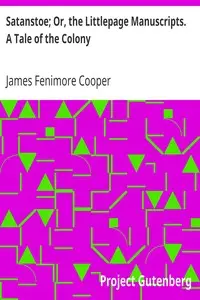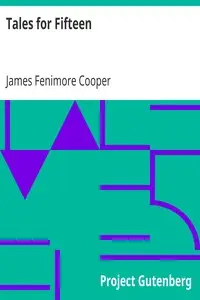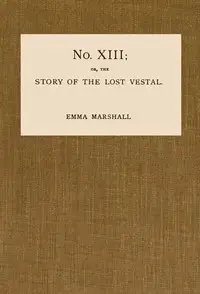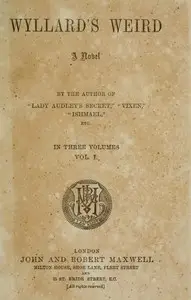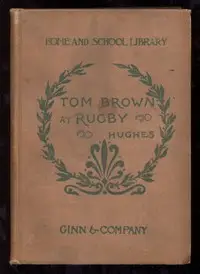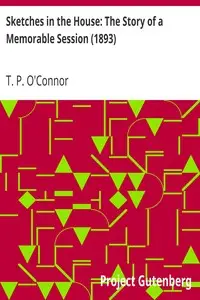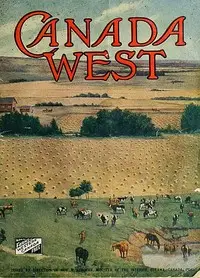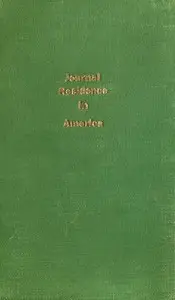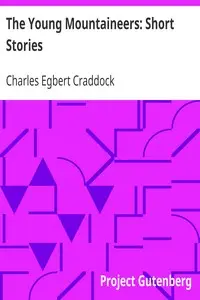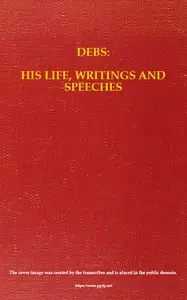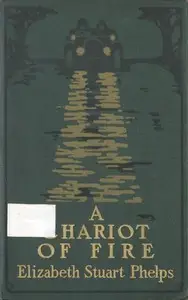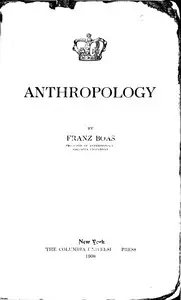"The Deerslayer" by James Fenimore Cooper is a historical novel written in the early 19th century. The book explores the frontier life in America, focusing on themes of civilization versus savagery during the colonial period. The story centers around the main characters, Deerslayer (also known as Natty Bumppo) and Hurry Harry, as they navigate the dangers of the wilderness and engage with Native American tribes, setting the stage for conflicts that highlight varying perspectives on honor, morality, and the human condition. The opening of "The Deerslayer" establishes a vivid sense of place, introducing readers to the treacherous and beautiful landscapes of the American frontier. The characters are portrayed in contrast to each other, with Hurry Harry exhibiting more recklessness and bravado, while Deerslayer embodies thoughtful integrity and restraint. Their conversation reveals their backgrounds, motivations, and concerns about their expedition, including a potential encounter with hostile tribes. The text also hints at the broader cultural tensions of the time and the complexities of human nature, particularly in relation to violence and morality. As they prepare for their journey, the intertwining of adventure, philosophy, and the wilderness begins to unfold, beckoning readers into a rich narrative of exploration and discovery. (This is an automatically generated summary.)

The Deerslayer
By James Fenimore Cooper
"The Deerslayer" by James Fenimore Cooper is a historical novel written in the early 19th century. The book explores the frontier life in America, foc...
James Fenimore Cooper was an American writer of the first half of the 19th century, whose historical romances depicting colonial and indigenous characters from the 17th to the 19th centuries brought him fame and fortune. He lived much of his boyhood and his last fifteen years in Cooperstown, New York, which was founded by his father William Cooper on property that he owned. Cooper became a member of the Episcopal Church shortly before his death and contributed generously to it. He attended Yale University for three years, where he was a member of the Linonian Society.



